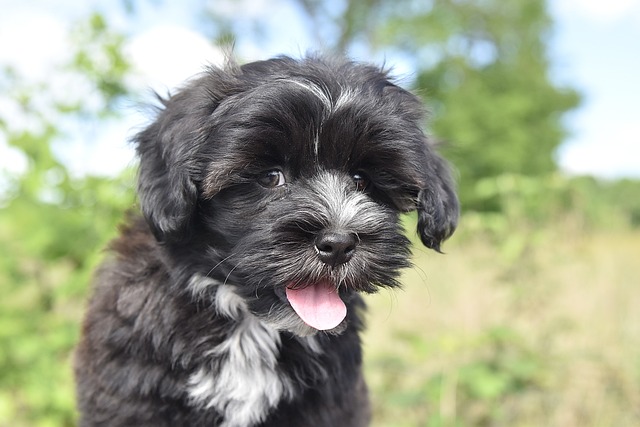
How do i train my dog to be obedient?
Watching your dog dart across the park ignoring your calls isn’t just frustrating—it can put them at risk near busy streets or public spaces.
Bringing home your wriggly 8-week-old bundle of fur is pure joy – and let's be honest, a bit overwhelming! Their tiny bladders seem bottomless one minute, then accidents happen the next, and chewing... well, everything becomes fair game. This whirlwind stage is actually prime learning time. Puppy brains are incredibly receptive between 8-16 weeks, making it the ideal window to establish good habits before problem behaviors take root. Think of it as setting the operating system for a well-behaved dog.
Start ridiculously simple. Focus on just three core areas: potty training, bite inhibition, and learning their name. For potty trips, consistency is non-negotiable. Take them out immediately after waking, eating, drinking, playing, and roughly every 30-45 minutes otherwise. Always use the same spot in your yard (if you have one) or designated area on walks. When they go successfully, unleash genuine excitement – "Yes! Good potty!" – paired with a tiny, high-value treat like boiled chicken. Accidents indoors? Calmly clean with enzymatic cleaner (never ammonia-based!) – yelling just teaches them to hide from you. Remember, in most US cities and towns, cleaning up after your dog in public spaces isn't just polite, it's legally required. Always carry poop bags!
Those needle-sharp puppy teeth exploring your hands? Ouch! This is where bite inhibition training is crucial. When teeth touch skin, yelp a high-pitched "OUCH!" (like a littermate would), immediately stop play, and turn away for 20 seconds. This teaches gentle mouthing. Never punish physically; it damages trust and can create fear-based aggression. Positive reinforcement – rewarding the behaviors you want (like licking instead of biting) – is the gold standard backed by animal behavior science and aligns deeply with modern animal welfare ethics in the US and EU.

Introducing the crate gently is a lifesaver, especially in apartments. Make it a cozy den with soft bedding and safe chew toys like a frozen Kong. Never use it as punishment. Feed meals inside with the door open, toss treats in for them to find. Start with very short durations while you're home, gradually increasing. This taps into their denning instinct, aids potty training (puppies naturally avoid soiling their sleep space), and gives them (and you!) safe downtime. Apartment dwellers, be extra mindful of noise – a crate-trained pup is less likely to bark incessantly when left appropriately. Respect building pet policies and community quiet hours.
Keep training sessions micro-short (think 2-5 minutes), fun, and loaded with rewards. Use their kibble for simple name recognition games: say their name clearly, reward when they look at you. Pair cues like "Sit" with a gentle lure (treat guiding nose up and back), rewarding instantly the bum hits the floor. Socialization is vital now too, but safely. Before finishing their puppy vaccination series (typically around 16 weeks, as legally required for rabies in most US states), carry them to observe busy streets, meet calm, vaccinated dogs you know, and experience different surfaces. Reward calm curiosity. Avoid high-risk areas like dog parks until fully protected. This careful exposure builds confidence without overwhelming them.
Patience truly is your superpower. Setbacks are normal. Celebrate the tiny wins – a successful potty trip, a gentle lick instead of a bite, calmly entering the crate. By focusing on positive connections, respecting their developmental stage, and integrating these habits into your daily life (like scheduled potty breaks fitting your work-from-home rhythm), you're building an incredible bond and laying the foundation for a happy, well-adjusted canine citizen. Enjoy the puppy chaos – it passes fast!

Watching your dog dart across the park ignoring your calls isn’t just frustrating—it can put them at risk near busy streets or public spaces.

New puppy owners often find themselves rushing to clean up accidents before they set in, and that’s where puppy pad training becomes a game-changer.

If you've noticed your dog's waistline disappearing and your veterinarian has mentioned those few extra pounds, your first instinct might be to simply reduce the amount of food in their bowl.

Training a dog to use a designated spot indoors isn’t as daunting as many new owners fear, but it does take consistency and an understanding of your pet’s needs.

That moment of dread on a walk is all too familiar for many new dog owners. You see another dog approaching down the sidewalk of your neighborhood

If the sight of another dog on your neighborhood walk makes your heart sink as your own dog erupts into a frenzy of barking and lunging, you're not alone.